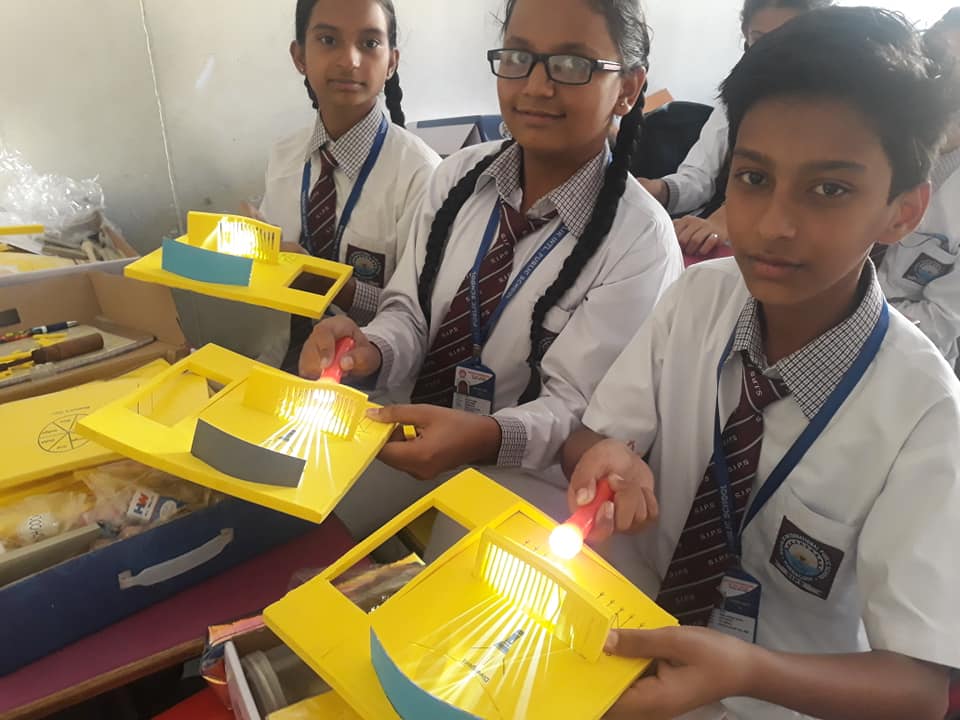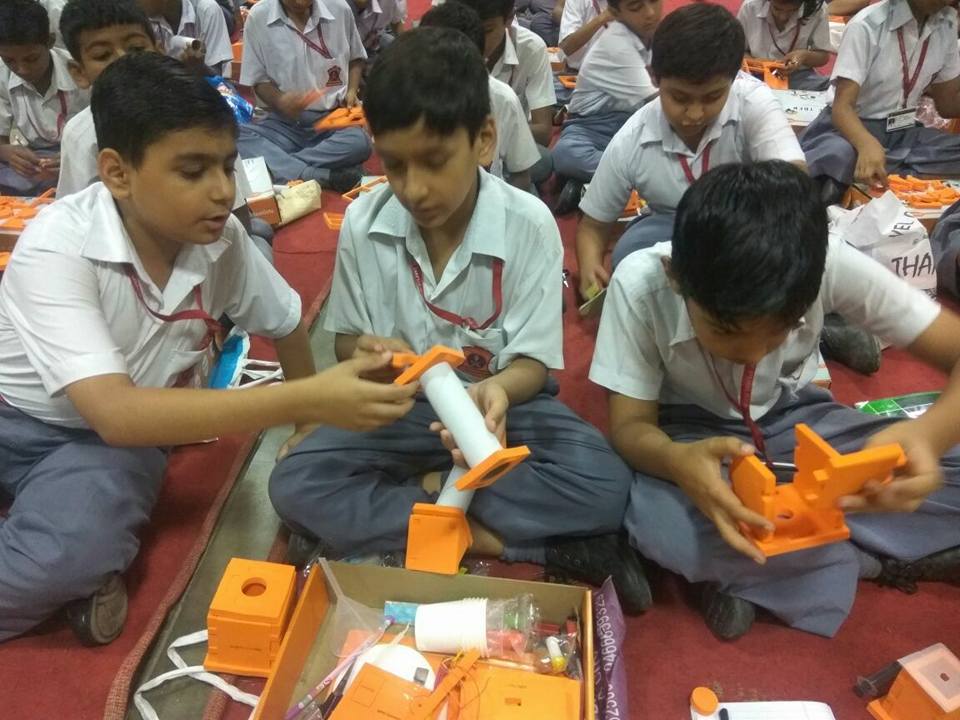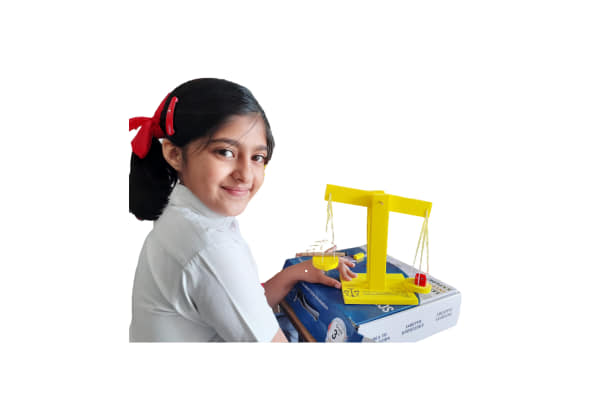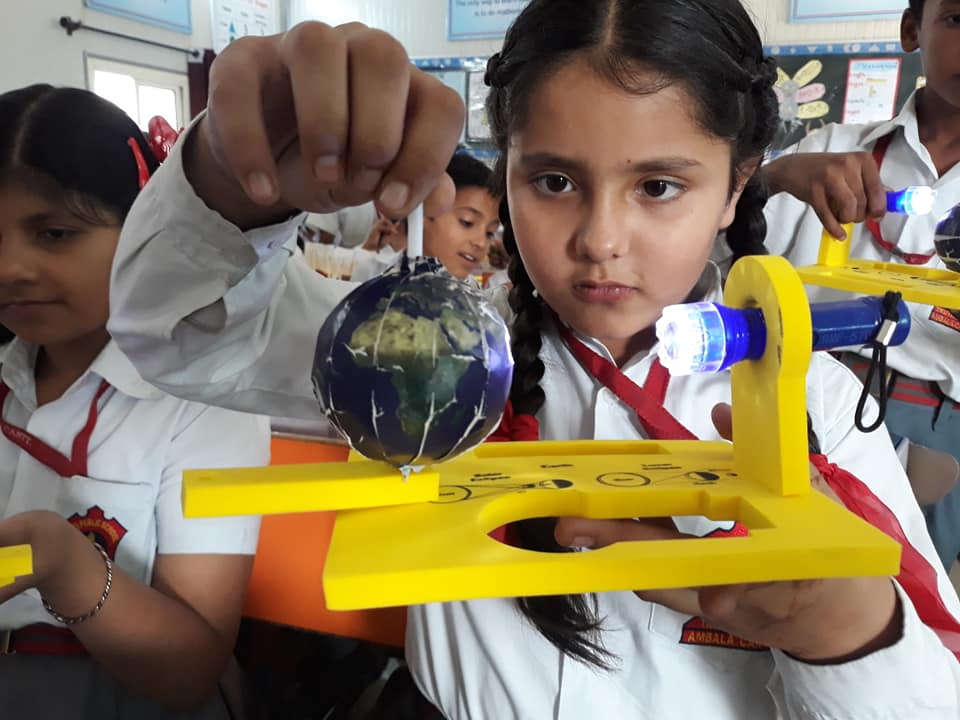- Difficulty in social interaction
- Difficulty in communication
- Difficulty in sensory processing
- Difficulty in behavior regulation
- Difficulty in maintaining personal hygiene
- Difficulty in time management
- Difficulty in meal preparation and other household chores
 Summer Camp From 1st June.
Summer Camp From 1st June.






